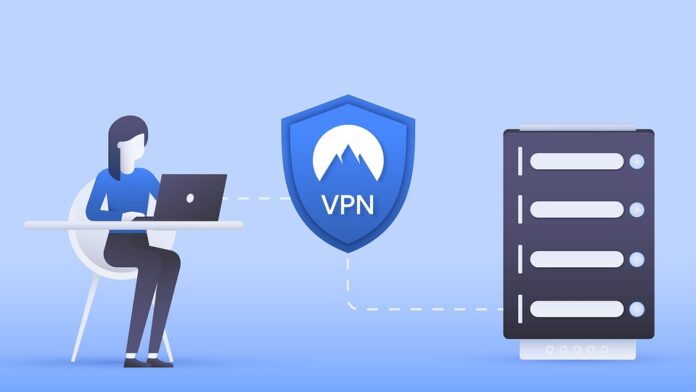In today’s ever-evolving digital landscape, cybersecurity is becoming increasingly crucial. With the rise of sophisticated cyber threats, traditional security approaches are no longer sufficient to protect sensitive data and information. This has led to the emergence of Zero Trust security as a new paradigm in cybersecurity.
###What is Zero Trust Security?
Zero Trust security is a holistic approach to cybersecurity that centers around the belief that organizations should not automatically trust any user or device inside or outside their networks. Instead, every user and device must be verified and authenticated before being granted access to sensitive resources. This approach is designed to minimize the risk of data breaches and cyber attacks by assuming that threats can come from both inside and outside the network.
###The Key Principles of Zero Trust Security
– **Identity verification:** One of the key principles of Zero Trust security is the verification of every user’s identity before allowing access to sensitive resources. This typically involves multi-factor authentication and continuous monitoring to ensure that only authorized users can access critical data.
– **Least privilege access:** Another important principle of Zero Trust security is the concept of least privilege access. This means that users are only granted access to the specific resources they need to perform their jobs, rather than having broad access to the entire network.
– **Micro-segmentation:** Zero Trust security also involves dividing the network into smaller segments or zones, known as micro-segments, to limit the spread of potential threats. This helps contain any breaches and prevent them from spreading throughout the entire network.
– **Continuous monitoring:** Zero Trust security requires continuous monitoring of user behavior and network traffic to detect any anomalies or suspicious activity. This allows organizations to quickly identify and respond to potential threats before they can cause significant harm.
###The Benefits of Zero Trust Security
– **Improved security posture:** By implementing Zero Trust security, organizations can significantly enhance their overall security posture and better protect sensitive data and information from cyber threats.
– **Reduced risk of data breaches:** Zero Trust security helps organizations minimize the risk of data breaches by implementing strict access controls and continuously monitoring user behavior.
– **Compliance with regulations:** Many industries have strict compliance requirements when it comes to data security. Zero Trust security can help organizations meet these regulatory requirements and avoid costly fines for non-compliance.
###The Future of Cybersecurity
As cyber threats continue to evolve and become more sophisticated, the need for robust cybersecurity measures such as Zero Trust security will only grow. Organizations that fail to adopt a Zero Trust approach may find themselves at a higher risk of data breaches and cyber attacks.
###Conclusion
In conclusion, Zero Trust security represents a new paradigm in cybersecurity that emphasizes the importance of identity verification, least privilege access, micro-segmentation, and continuous monitoring. By implementing Zero Trust security, organizations can enhance their security posture, reduce the risk of data breaches, and better protect sensitive data and information from cyber threats. As the digital landscape continues to evolve, Zero Trust security will play an increasingly vital role in safeguarding organizations against emerging cyber threats.
###Frequently Asked Questions
**Q: Is Zero Trust security difficult to implement?**
A: Implementing Zero Trust security can be a complex process, as it requires significant changes to traditional security approaches. However, with the right tools and expertise, organizations can successfully implement Zero Trust security measures to enhance their overall cybersecurity posture.
**Q: Can Zero Trust security guarantee 100% protection against cyber threats?**
A: While Zero Trust security can significantly reduce the risk of data breaches and cyber attacks, no cybersecurity measure can guarantee 100% protection. It is important for organizations to continuously adapt and evolve their security strategies to stay ahead of emerging threats.


